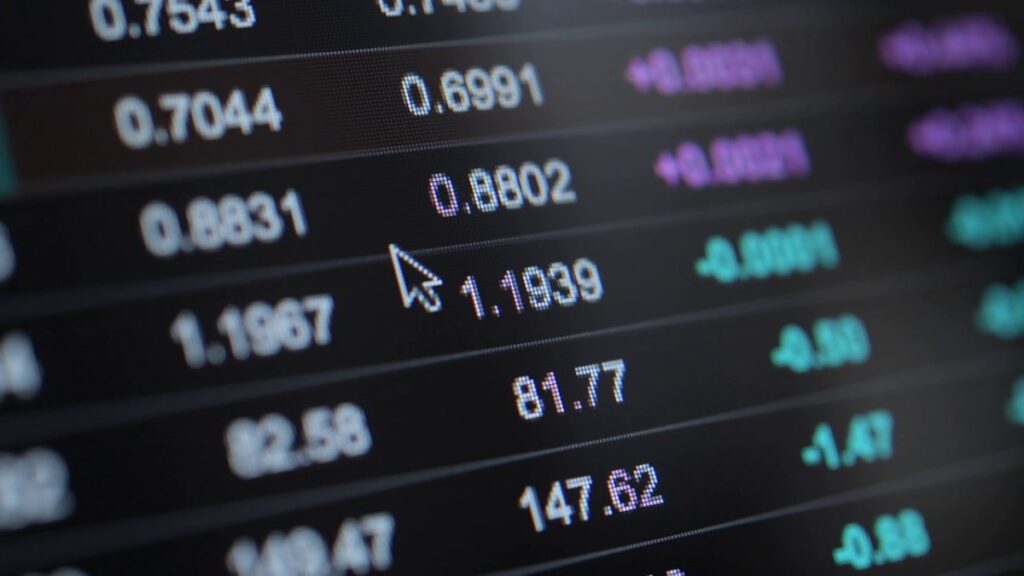As the crypto ecosystem continues to evolve, Oracle networks like Pyth are laying the foundation for the next generation of decentralized finance.
Led by Mike Cahill, CEO of Douro Labs, Pyth Network has been at the forefront of innovation, championing the real-time data feeds that power DeFi applications on over 85 blockchains. In an exclusive interview for Coinage’s Crypto Project of the Year series, Cahill shared insight into Pyth’s mission, its accomplishments in 2024, and its ambitious roadmap for the future.
“Pyth aims to provide one of the pillars to create DeFi onchain,” explained Cahill, adding that finance essentially has three elements: a price, an exchange and a settlement. Pyth provides the price component, ensuring that the fastest and best financial data is available for financial applications. As the project grew, it continued to chip away at Chainlink’s dominance.
Unlike traditional oracles, which prioritize trust over speed, Pyth has optimized both, leveraging first-party data directly from leading exchanges and trading companies. This approach not only improved latency, but also broadened Pyth’s applicability beyond cryptocurrency prices, creating the basis for a global financial market where stocks, bonds and commodities can be traded across borders. transparently on-chain.
2024 was a transformational year for Pyth, marked by 1,362% year-over-year growth in total transaction volume (TTV), a key metric that highlights real demand for data feeds of Pyth. “A lot of people ask us, “When are you going to flip Chainlink?” “This is something we did a long time ago in terms of secure volume,” Cahill noted.
Looking at things from a Total Value Secured (TVS) to TTV perspective, this highlights Pyth’s commitment to high-frequency transaction-based applications. “This thesis around a unified global DeFi market is being validated,” Cahill said. “The 3% to 9% growth in on-chain perpetual market share, relative to centralized exchanges, has been entirely fueled by this.”
In addition to growing its influence in perpetual trading, Pyth is actively expanding its symbol list, aiming to add 600 more symbols by the end of 2024, split evenly between crypto assets and US stocks. “Our goal is to offer tens of thousands of symbols to provide a unified layer that everyone has fair access to,” Cahill said. “It’s transformational.”
As Pyth scales, its mission to democratize finance is taking shape in regions where access to traditional markets is limited. Cahill cited Nigeria as an example, where residents are disproportionately exposed to Bitcoin due to regulatory restrictions on other assets. “You can supply any instrument as long as you have that pricing information,” he said.




